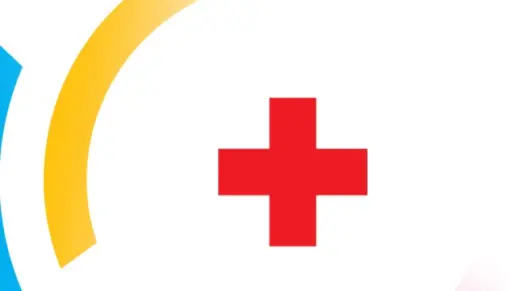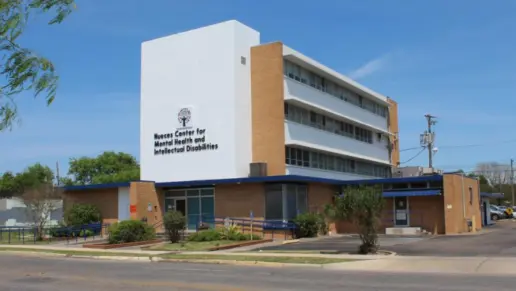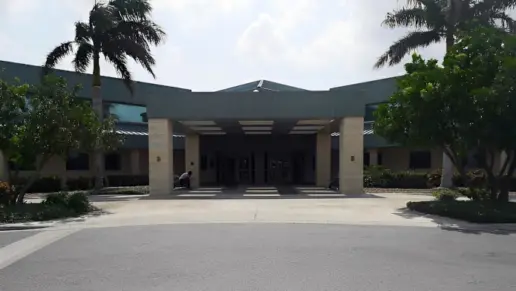About North Fork Educational Center
North Fork Educational Center, in Wylie, Texas, provides mental and behavioral healthcare services for young males between the ages of 6 and 17, including specialized programming for clients with co-occurring addiction and mental illness. They offer residential care, crisis intervention, and aftercare planning and support.
North Fork Educational Center is a residential mental health and addiction recovery facility for young males between the ages of 6 and 17. They offer crisis intervention, intensive inpatient treatment, and aftercare planning and support. Dedicated services are available for clients with co-occurring addiction and mental illness.
Residential Program
The residential program allows clients to focus on their recovery in a highly structured and supportive environment. Clients receive medical and mental health assessments, personalized care planning, and comprehensive case management. They also engage in intensive, trauma-informed individual, group, and family counseling drawing on proven methods, including CBT and DBT. The program promotes clients’ successful reintegration into their home, school, and community through robust recovery-focused life skills training addressing topics such as coping, self-care, problem solving, communication, emotional regulation, and relapse prevention.
Aftercare Services
North Fork Educational Center ensures a complete continuum of care through robust aftercare planning and support. Their services may include transitional assistance for clients stepping down to outpatient treatment and referrals for medical, mental health, and social service programs.
Accreditation and Payment
North Fork Educational Center is accredited by the Joint Commission and accepts private insurance, Medicare, Medicaid, and self-pay. Financial aid is available.
Rehab Score
Addiction Treatments
Levels of Care
Treatments
Mental health rehabs focus on helping individuals recover from mental illnesses like bipolar disorder, clinical depression, anxiety disorders, schizophrenia, and more. Mental health professionals at these facilities are trained to understand and treat mental health issues, both in individual and group settings.
Clinical Services
Cognitive Behavioral Therapy (CBT) is a therapy modality that focuses on the relationship between one's thoughts, feelings, and behaviors. It is used to establish and allow for healthy responses to thoughts and feelings (instead of unhealthy responses, like using drugs or alcohol). CBT has been proven effective for recovering addicts of all kinds, and is used to strengthen a patient's own self-awareness and ability to self-regulate. CBT allows individuals to monitor their own emotional state, become more adept at communicating with others, and manage stress without needing to engage in substance abuse.
Dialectical Behavior Therapy (DBT) is a modified form of Cognitive Behavioral Therapy (CBT), a treatment designed to help people understand and ultimately affect the relationship between their thoughts, feelings, and behaviors. DBT is often used for individuals who struggle with self-harm behaviors, such as self-mutilation (cutting) and suicidal thoughts, urges, or attempts. It has been proven clinically effective for those who struggle with out-of-control emotions and mental health illnesses like Borderline Personality Disorder.
Research clearly demonstrates that recovery is far more successful and sustainable when loved ones like family members participate in rehab and substance abuse treatment. Genetic factors may be at play when it comes to drug and alcohol addiction, as well as mental health issues. Family dynamics often play a critical role in addiction triggers, and if properly educated, family members can be a strong source of support when it comes to rehabilitation.
Group therapy is any therapeutic work that happens in a group (not one-on-one). There are a number of different group therapy modalities, including support groups, experiential therapy, psycho-education, and more. Group therapy involves treatment as well as processing interaction between group members.
In individual therapy, a patient meets one-on-one with a trained psychologist or counselor. Therapy is a pivotal part of effective substance abuse treatment, as it often covers root causes of addiction, including challenges faced by the patient in their social, family, and work/school life.
Trauma therapy addresses traumatic incidents from a client's past that are likely affecting their present-day experience. Trauma is often one of the primary triggers and potential causes of addiction, and can stem from child sexual abuse, domestic violence, having a parent with a mental illness, losing one or both parents at a young age, teenage or adult sexual assault, or any number of other factors. The purpose of trauma therapy is to allow a patient to process trauma and move through and past it, with the help of trained and compassionate mental health professionals.
Contact Information
2997 Elm Grove Road
Wylie, TX 75098


